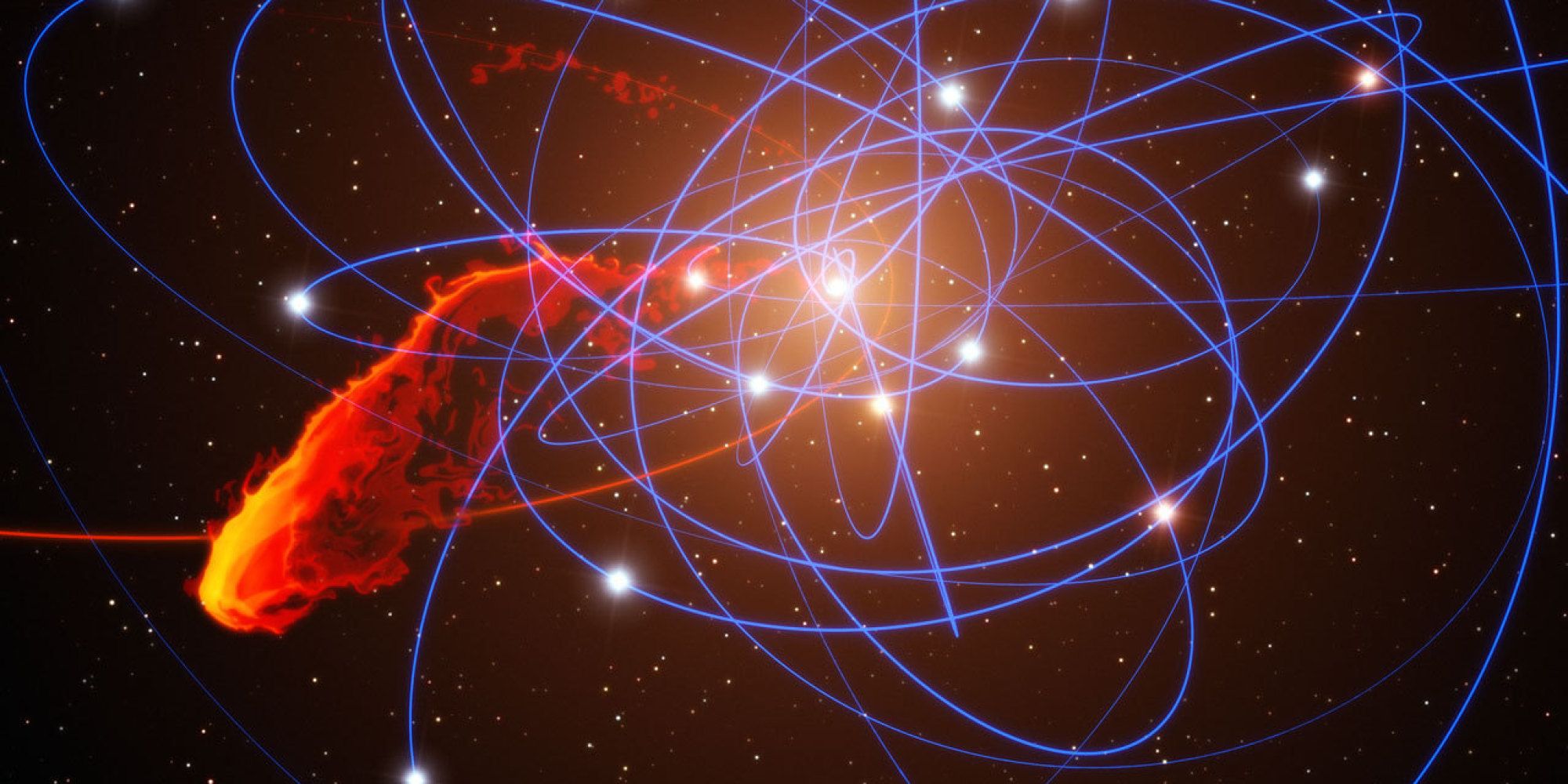- 22 April 2024
- 403
Exploring the Cosmos: Insights from Astrophysics

Astounding Discoveries in Astrophysics
Astrophysics, a branch of astronomy that deals with the physics of celestial bodies and the universe as a whole, has witnessed astounding discoveries over the years. From unraveling the mysteries of black holes to exploring the origins of the cosmos, the field continues to captivate both scientists and enthusiasts alike.
Introduction to Astrophysics
Astrophysics encompasses the study of various celestial phenomena, including stars, galaxies, planets, and the vast expanses of space between them. It seeks to understand the fundamental laws governing the universe and its evolution.
Historical Milestones
Throughout history, astrophysics has been marked by groundbreaking discoveries. From Galileo’s observations of the moons of Jupiter to Edwin Hubble’s revelation of the expanding universe, each milestone has reshaped our understanding of the cosmos.
Modern Tools and Techniques
Advancements in technology have revolutionized astrophysical research. Telescopes, both ground-based and space-based, along with sophisticated instruments and computational simulations, have enabled scientists to probe deeper into the universe than ever before.
Understanding Cosmic Phenomena
Among the most intriguing phenomena in astrophysics are black holes, regions of spacetime where gravitational forces are so strong that nothing, not even light, can escape. Recent advancements in observational techniques have allowed scientists to study black holes in unprecedented detail, shedding light on their formation and behavior.
Exploring the Origins of the Universe
The Big Bang theory, which posits that the universe began as a hot, dense singularity approximately 13.8 billion years ago, remains the prevailing model for the universe’s origin. Observations of cosmic microwave background radiation provide compelling evidence in support of this theory, offering insights into the early universe.
Exoplanets and the Search for Life

In recent decades, the discovery of exoplanets planets orbiting stars outside our solar system—has captured the imagination of scientists and the public alike. These discoveries raise tantalizing questions about the possibility of extraterrestrial life and the conditions necessary for its existence.
Dark Matter and Dark Energy
Despite comprising the vast majority of the universe’s mass-energy content, dark matter and dark energy remain elusive and poorly understood. Their existence is inferred from their gravitational effects on visible matter and the expansion of the universe, respectively, yet their precise nature remains a mystery.
Astrophysical Applications in Everyday Life
Astrophysical research has far-reaching implications beyond the realm of academia. Technologies developed for space exploration, such as satellite communications and GPS systems, have become integral parts of everyday life, demonstrating the practical benefits of astrophysics.
Challenges and Future Directions
While astrophysics has made remarkable progress, many mysteries remain unsolved. From the nature of dark matter and dark energy to the ultimate fate of the universe, numerous questions continue to challenge scientists. However, with ongoing advancements in technology and the collaborative efforts of researchers worldwide, the future of astrophysics holds promise for further astounding discoveries.
Conclusion
Astrophysics continues to unveil the secrets of the cosmos, from the smallest subatomic particles to the largest structures in the universe. Through a combination of observation, theory, and technological innovation, scientists have made remarkable strides in understanding the fundamental nature of reality. As we stand on the threshold of a new era of exploration, the mysteries of the universe beckon us to delve deeper into the unknown.
FAQs
What is astrophysics?
Astrophysics is a branch of astronomy that applies the principles of physics and chemistry to understand the nature of celestial objects and the universe as a whole.
How do astronomers study black holes?
Astronomers study black holes using a variety of techniques, including observations of their gravitational effects on surrounding matter and the detection of radiation emitted as material falls into them.
What is the significance of exoplanet discoveries?
Discoveries of exoplanets provide valuable insights into planetary formation and the prevalence of other potentially habitable worlds beyond our solar system.
What are dark matter and dark energy?
Dark matter is a form of matter that does not emit, absorb, or reflect light, yet exerts gravitational influence on visible matter. Dark energy is a mysterious force driving the accelerated expansion of the universe.
How has astrophysical research benefited society?
Astrophysical research has led to technological advancements in areas such as satellite communication, medical imaging, and environmental monitoring, enhancing our quality of life.

